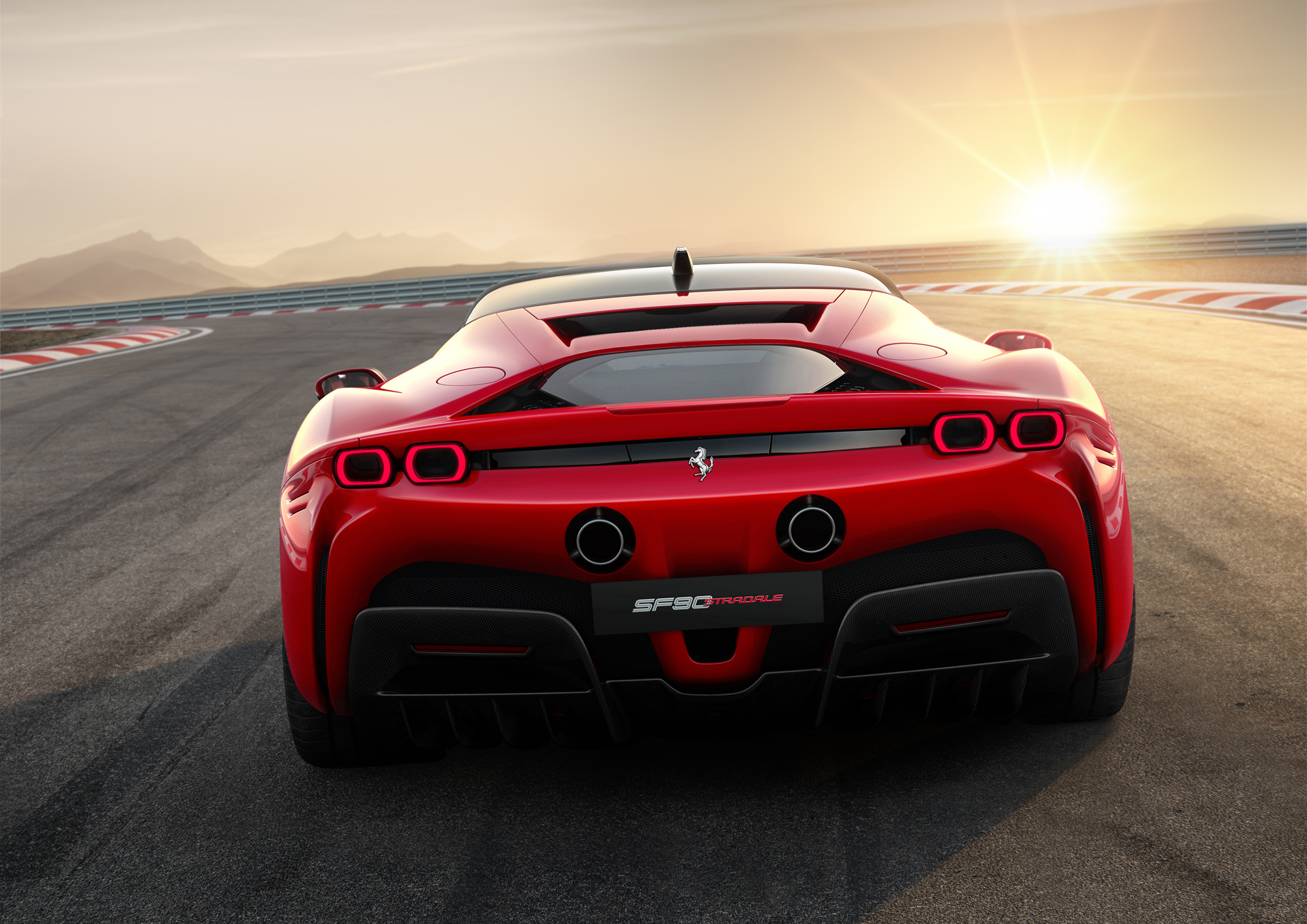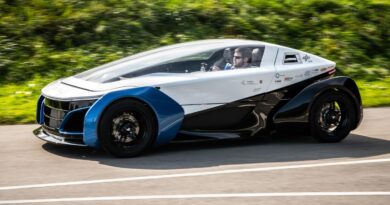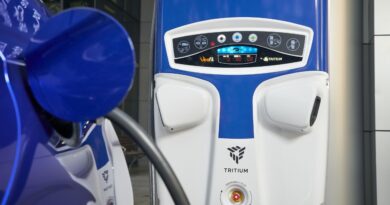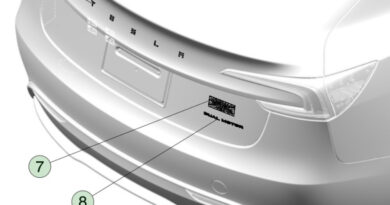More electrification, but V8s and V12s as well: Ferrari CEO
Ferrari will be sticking with petrol power for a long time yet.
That’s the word from Ferrari CEO Louis Camilleri, who on a recent investor conference call said the Italian sports car maker was a long way from switching to an all-electric lineup.
Responding to a question about reducing production costs by getting rid of internal combustion engines – the V8s and V12s that are the heart of the brand – and switching to electric motors, Camilleri said a Ferrari lineup that relied purely on electricty was “pushing things”.
“I really don’t see Ferrari ever being at 100 percent EV and certainly not in my lifetime will reach even 50 percent,” he said.
For the record, Camilleri – who is also the chairman of cigarette giant Philip Morris – was born in 1955, which would suggest the boss doesn’t envisage Ferrari dropping petrol-powered engines for decades yet.
Camilleri also questioned the potential cost savings, suggesting that an electric Ferrari that lived up to the Ferrari expectations was technically challenging and required big investments.
He said a BEV Ferrari “will be a pretty complex machine”.
“And furthermore, there are a number of elements that we will have to put in which are very costly,” he added, pointing to the upcoming SF90 Stradale that is Ferrari’s first plug-in hybrid electric vehicle.
The SF90 Stradale pairs a 4.0-litre twin-turbo V8 with three electric motors to produce a combined 736kW. It promises to be the fastest-accelerating Ferrari ever produced for the road, capable of blitzing to 100km/h in 2.5 seconds.
Read our story on the secrets of the Ferrari SF90 Stradale.
Camilleri also touched on the sound that electrified Ferraris would create in future, something that is clearly soaking up plenty of research and development time at the Maranello headquarters.
He said the EV sound was a “big priority” and one of the “key elements” for Ferrari buyers.
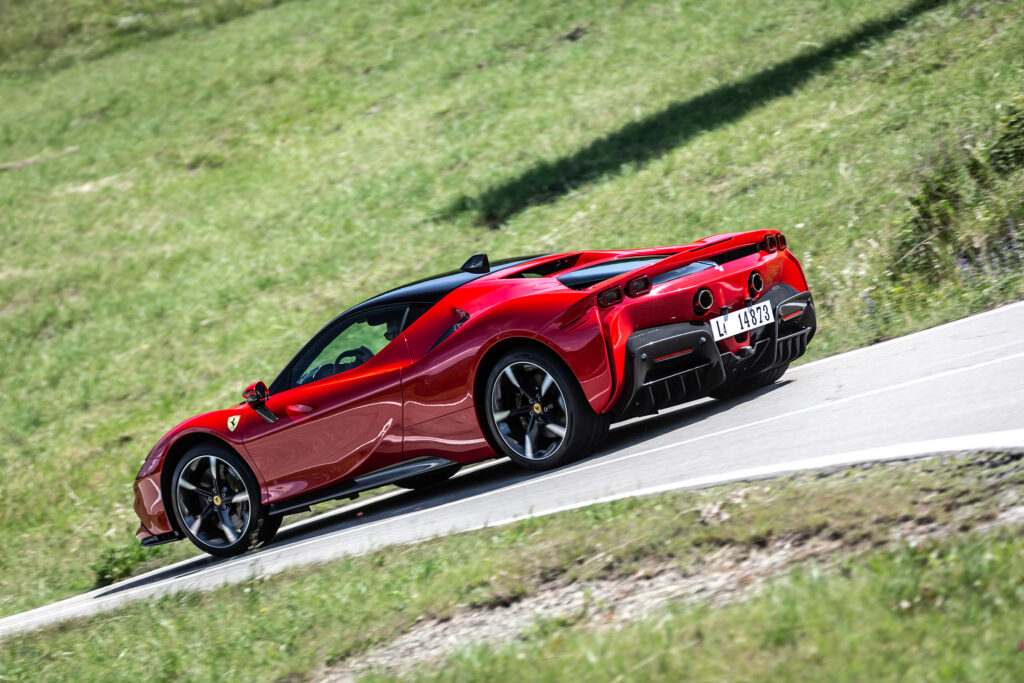
“That’s one element that we are working on,” he said. “Obviously, for competitive reasons, I’m not going to give you the details, but that’s something that we are quite comfortable that we can achieve.
“And it’s it’s really the depth of the sound and the gradation of the sound that’s key.
“We’ve done a lot of work on that and we feel comfortable that that is certainly one of the aspects that we can address.”
The push towards electrified vehicles – including plug-in hybrid and electric – is largely being driven by tightening regulations, especially in Europe.
Most mainstream car makers have determined electric motors and batteries are the easiest ways to meet tightening regulations around CO2 emissions.
Whether Ferrari can continue to sell cars at least partially powered by internal combustion engines for decades to come remains to be seen.

